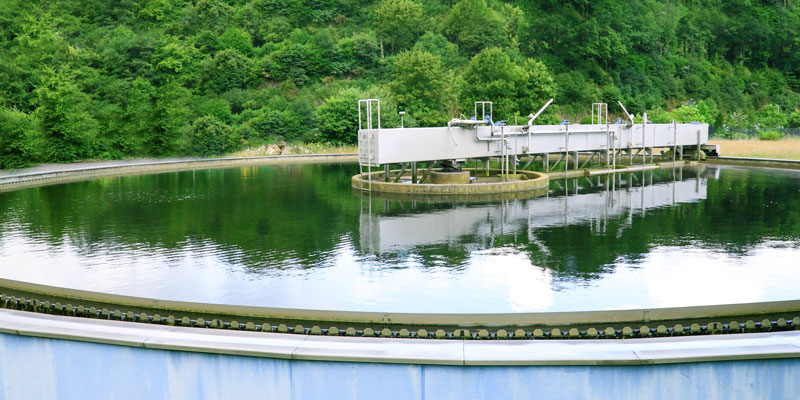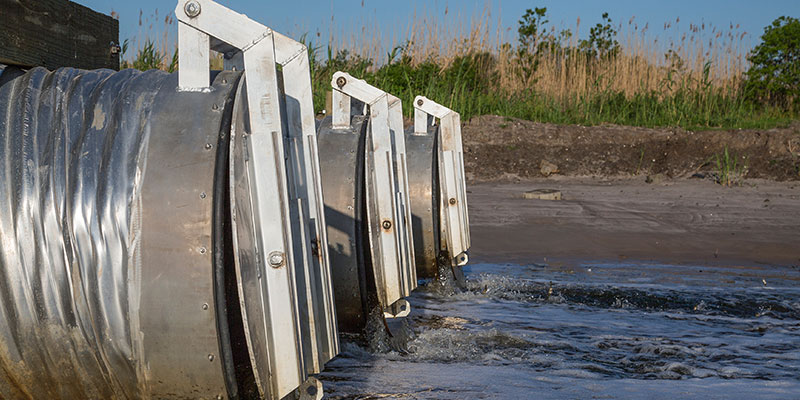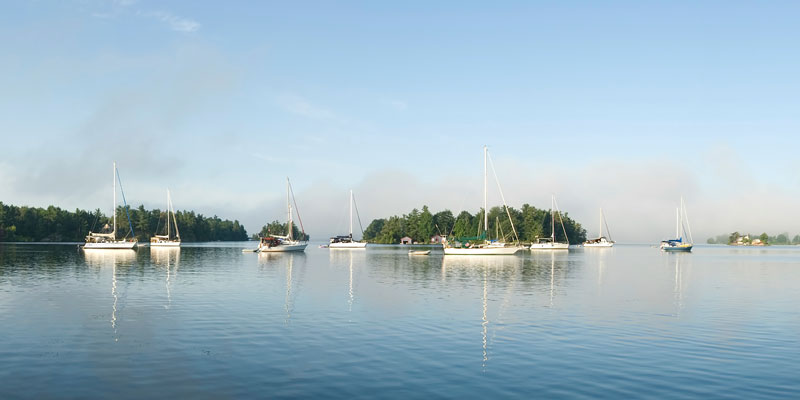Determining the efficacy of emerging contaminant removal within existing treatment trains relevant to Canadian condition through chemical and toxicological assessments
Principal Investigator - Wayne Parker, Professor, University of Waterloo, 2010 - 2013

Challenge
Emerging contaminants (ECs) are organic chemicals that can enter our ecosystems by degrading in soils, entering drainage and being taken up by plants. Through these factors, ECs pose a possible risk to environmental and human health. Assessing the ecological impact of emerging contaminants in receiving waters is challenging due to the many biological mechanisms through which these compounds can affect organisms. This makes it difficult to link the chemical concentration of a given EC to its effects in the environment. Removing ECs from wastewater is also a challenge due to the specific removal requirements of each compound and inconsistencies in the processes and conditions at treatment plants across Canada. Additional research is needed to determine the wastewater treatment conditions required to remove ECs, and the potential biological impacts of treated effluents.
This project, led by Dr. Wayne Parker, has the following objectives:
- Determine concentrations of ECs in treated wastewaters harmful to aquatic species.
- Determine risks of ECs relative to the effects of hypoxia and ammonia toxicity.
- Determine efficacy of conventional and advanced wastewater treatment processes in Canada for reducing ECs, including the impact of seasonality on treatment performance.
Project
The project team conducted studies at wastewater treatment plants across Canada to investigate the effectiveness of the most common treatment technologies to remove ECs from wastewater including: activated sludge configurations, membrane bioreactors, steady state vs. dynamic responses of activated sludge processes, and lagoons. Integration of the data collected was achieved by performing selected parallel studies of similar process configurations at more than one location, measuring common ECs at the various locations, and employing a common suite of ecotoxicological tests.
The project team assessed whether differences in responses between process configurations are observed with wastewaters from different sources. This project also examined the influence of seasonal conditions on EC removal by conducting studies at different temperatures. Research was conducted at Environment Canada’s Wastewater Technology Centre (WTC) where the efficacy of conventional activated sludge, nitrifying activated sludge and biological nutrient removal processes at pilot scale will be compared with activated sludge configurations at a particular treatment site. The research completed at the WTC served as the point of reference for the studies to be conducted at the other experimental nodes. Statistical modeling explored the data collected from the pilot plants.
Preliminary results indicated that the use of activated sludge processes that are configured for biological nutrient removal can enhance removal of ECs and reduce to some extent the impact of effluent on some aquatic species.
Outputs
- Further development of the database on removal of emerging contaminants (ECs) in the most common Canadian wastewater treatment processes over a range of climatic and seasonal conditions.
- Enhancement of models that can be employed by decision-makers when considering EC removal when assessing alternative wastewater treatment technologies and operating conditions.
- Development of a contaminant fate simulation model.
Outcomes
- Provide wastewater treatment plant owners, operators and regulators with information that will aid in decision-making about selecting or upgrading wastewater treatment plant technology that will minimize the potential impacts associated with ECs.
- Research findings will aid Environment Canada and Ontario Ministry of the Environment (MOE) in evaluating the potential for new technologies to improve practice surrounding the removal of harmful pollutants from wastewater effluents and sludges.
- Advancement of the development of the Canada-Ontario Agreement Respecting the Great Lakes Basin Ecosystem.
- Informing of policies and regulations for controlling discharges from municipal wastewater treatment plants in Ontario and Québec.




